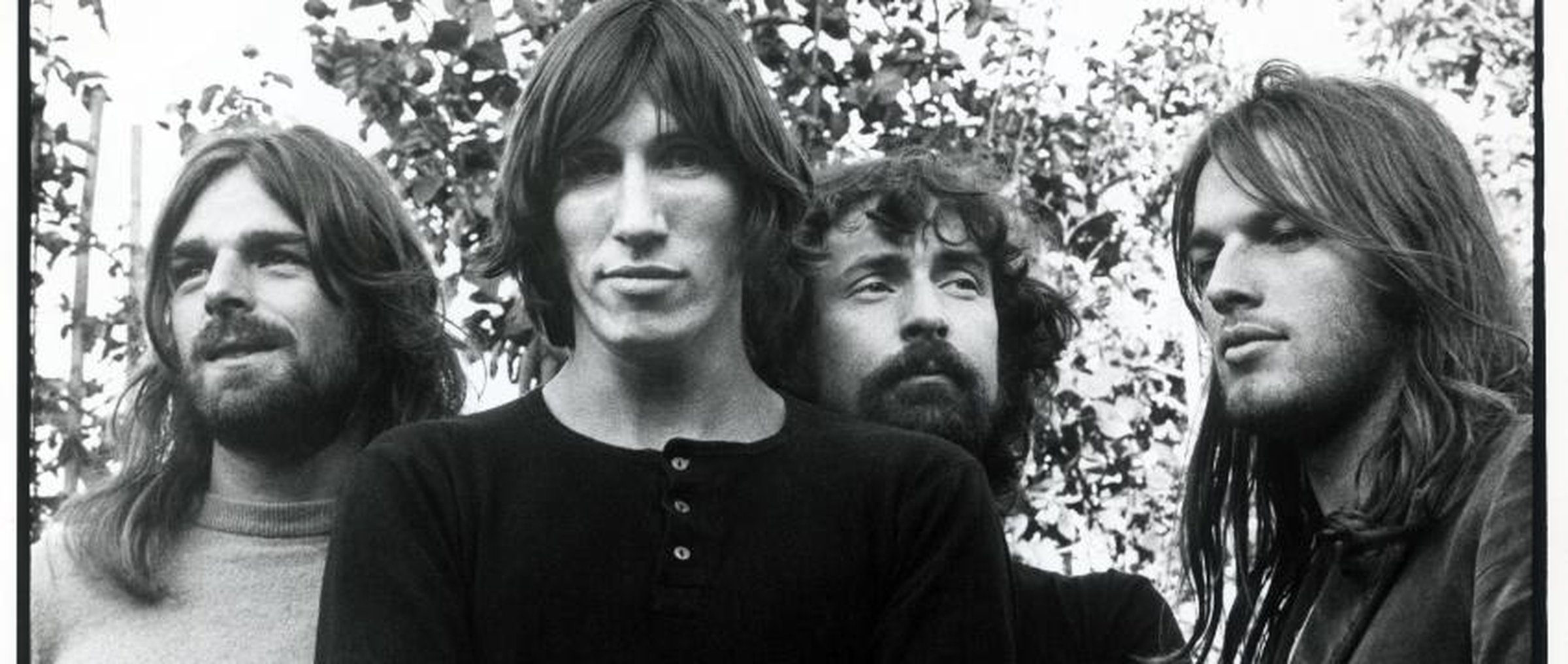In late 1967, the United States was abuzz with cultural and political activity. The iconic Summer of Love had wrapped up, the Vietnam War continued to escalate, and the music scene was thriving. Amid this dynamic backdrop, Pink Floyd arrived on the West Coast for their U.S. debut, embarking on a brief, promotional mini-tour for their first album, The Piper at the Gates of Dawn. However, what was meant to introduce them to an American audience became a chaotic week that bassist Roger Waters would later describe as an “amazing disaster.”
During this tour, a moment occurred that would become part of Pink Floyd lore. According to some historians, a record executive supposedly asked the band, “By the way, which one’s Pink?”—a line that would later be immortalized in their 1975 song “Have a Cigar” from Wish You Were Here.
The tour featured Pink Floyd’s original lineup: Roger Waters on bass, Nick Mason on drums, Richard Wright on keyboards, and Syd Barrett on guitar. Unfortunately, this tour would be both Barrett’s first and last in the United States. His behavior became increasingly unpredictable and troublesome on the road, leading the band to bring in David Gilmour the following month as a backup, with Gilmour eventually replacing Barrett permanently by April 1968.
Despite the personnel issues, Pink Floyd’s week-long tour took them to several premier music venues. They began in San Francisco, performing at the legendary Fillmore Auditorium and Winterland Ballroom alongside acts like Big Brother and the Holding Company and Richie Havens. In Santa Monica, they took the stage at the Cheetah Club, sharing the bill with The Candymen and Smokestack Lightnin. They also headlined a show at New York City’s Cheetah Club, their only solo-billed performance of the tour.
Between these shows, the band made television appearances and socialized with musicians and fans, navigating the vibrant West Coast music scene of the time. However, much of their energy was spent trying to manage Barrett’s erratic behavior, which would ultimately lead to the band’s decision to move forward without him.
